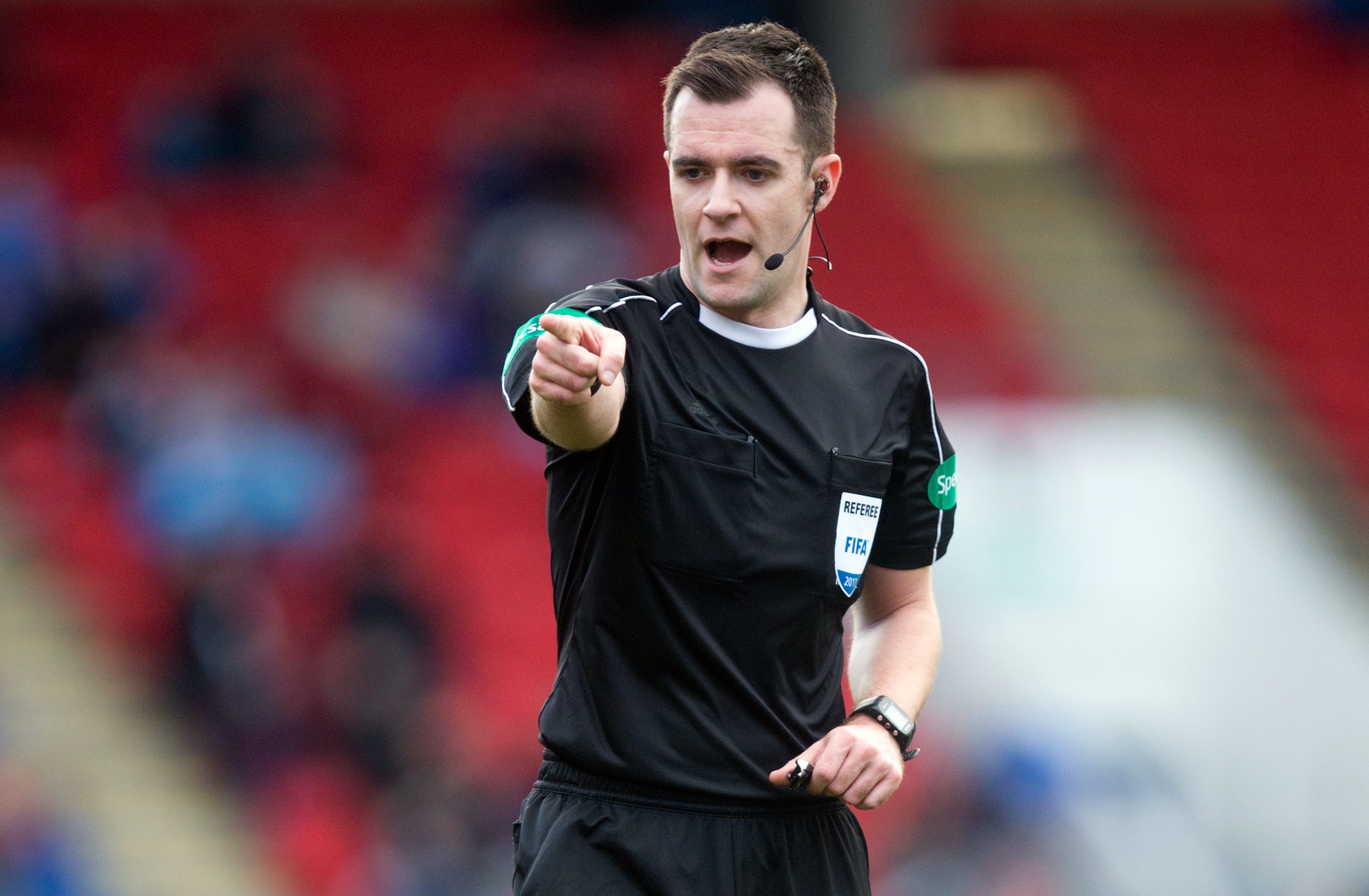
GOOD luck to the SFA handling all the appeals that will be heading their way following the disciplinary panel’s decision to reduce Scott Brown’s red card to a yellow.
That’s the main conclusion to be drawn from the surprising decision which allowed the Celtic skipper to face Rangers yesterday.
I say that because, for me, referee Don Robertson got it 100% right when sending off Brown for his challenge on Ross County striker Liam Boyce in the clubs’ recent Premiership game.
It was a bad foul.
I believe it had intent as there had been bad feeling between the two players in the run-up to the incident.
And it was petulant, with all the Hoops players clearly aggrieved in the wake of Robertson’s error in awarding a penalty against them.
Disregard the argument it wasn’t as bad as Andy Halliday’s challenge on Patrick Roberts in last Sunday’s Old Firm match that resulted in just a caution for the Rangers midfielder.
That might be true but it is also irrelevant.
Halliday should also have been sent off, but he wasn’t. He was given a punishment, however, so under the rules of our game, that is the end of it.
There is no logic, either, to say the two rivals should receive identical treatment.
Just because one man gets away with something he shouldn’t have doesn’t the mean the next guilty party should similarly be let off.
I would be fascinated to hear what Don Robertson himself has to say on the subject.
When I was with the SFA, our starting point was always to ask the referee his opinion.
If he held up his hands and said he had made a mistake, then we would proceed.
That made perfect sense to me because you have to be looking to defend your employees where possible.
I know the system has changed now, but it is important we don’t lose sight of the guiding principle.
If we want people to referee our games, then someone has to take the side of the officials.
The players have their clubs behind them, plus hundreds if not thousands of supporters, who are prepared to argue their case across all media, social or otherwise.
However, if you are the man getting pilloried for getting a decision wrong in a high-profile match, the world is liable to seem a pretty lonely place.
That’s not to say that using video evidence to help make sure they get things right isn’t the way ahead.
I am convinced that it is.
For that reason, I don’t think the decision of golf’s governing bodies is necessarily a good one.
The R&A and USGA will now limit the use of video reviews. But analyse what they are actually going to do and it becomes easier to understand.
If the naked eye can’t spot a club hitting a few grains of sand during a backswing, then the fact ultra-high-definition cameras can should not be held against golfers.
Likewise, it makes sense not to use the technology to pursue those shown to have replaced a ball slightly further forward than its original position.
These are very marginal issues.
The equivalent in football would be to look to take retrospective action against those stealing a yard at throw-ins, or placing the ball on the wrong side of the line when taking corner-kicks.
What really matters are the major incidents capable of determining the outcome of the game – goals scored and sendings-off.
It is here we can make the positive difference in football – and I’m sure that is what we are all after.

Enjoy the convenience of having The Sunday Post delivered as a digital ePaper straight to your smartphone, tablet or computer.
Subscribe for only £5.49 a month and enjoy all the benefits of the printed paper as a digital replica.
Subscribe